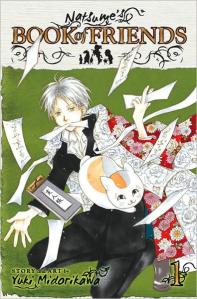It’s Saturday, and I’m unmotivated, but I feel like I should do one small, concrete thing. So welcome to the first installment of the random Saturday question!
Today, I ask you: of which manga series have you read the most volumes or the largest number of pages?
My answer is after the jump.






















